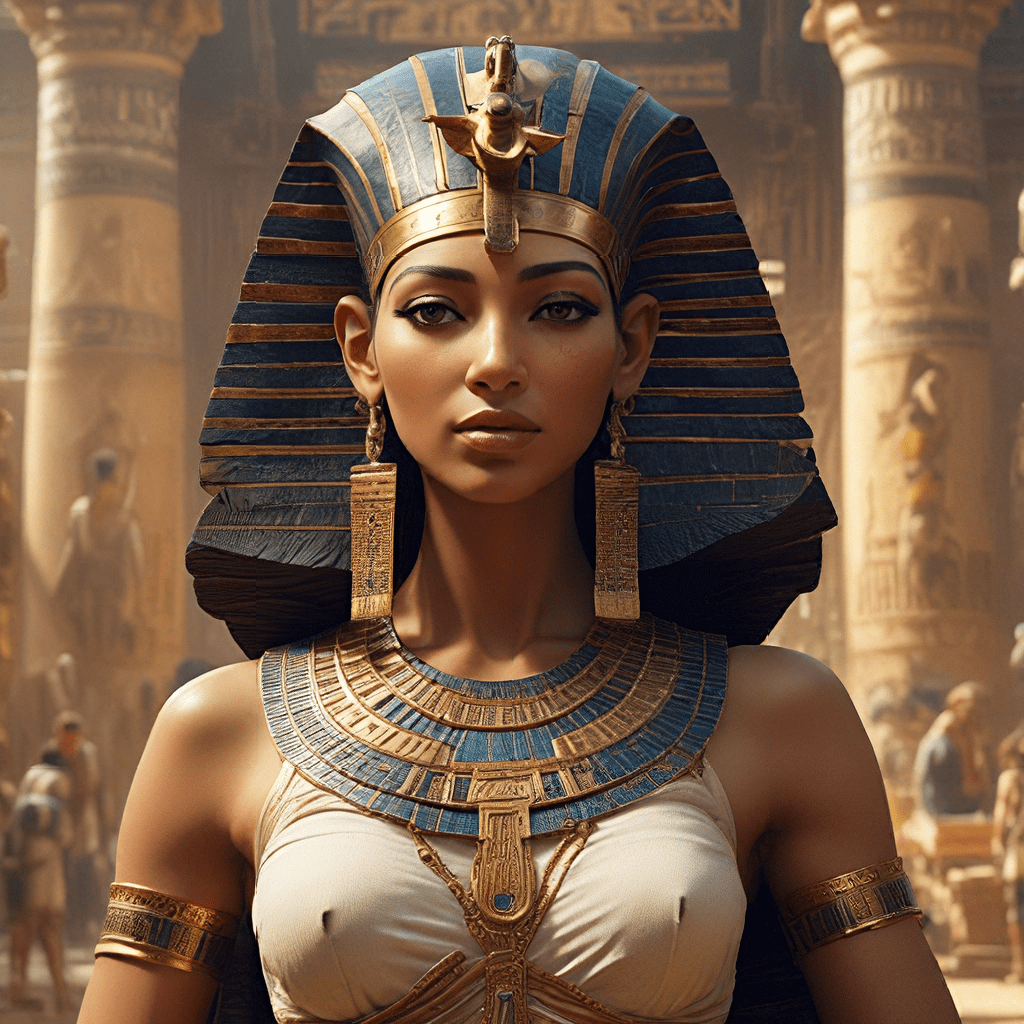The Influence of Ancient Egyptian Mythology on Modern Culture: Art, Literature, and Popular Imagination
Ancient Egyptian mythology, with its captivating stories of gods, goddesses, and powerful pharaohs, has transcended time, leaving an indelible mark on modern culture. This enduring fascination has fueled countless works of art, literature, and popular entertainment, shaping our perception of the world and our understanding of ourselves. This essay explores the multifaceted influence of ancient Egyptian mythology on art, literature, and popular imagination, revealing how its ancient wisdom continues to resonate in our contemporary world.
II. Art: From Pharaonic Tombs to Modern Masterpieces
The influence of ancient Egyptian iconography is evident in Western art, from the Renaissance to the present day. Artists have been captivated by the intricate hieroglyphs, symbols, and motifs adorning ancient tombs, temples, and artifacts. The use of hieroglyphs, with their enigmatic beauty and symbolic power, has inspired countless paintings, sculptures, and architectural designs.
Jean-François Champollion, the renowned French scholar who deciphered hieroglyphs in the early 19th century, played a pivotal role in bringing ancient Egypt to the forefront of artistic and cultural consciousness. His groundbreaking work sparked a renewed interest in Egyptian art and mythology, inspiring artists like Gustave Moreau and Jean Leon Gerome to incorporate Egyptian themes into their works.
Moreau’s paintings, often depicting scenes from ancient Egyptian mythology, are characterized by their rich symbolism and vibrant colors. Gerome, known for his meticulous detail and historical accuracy, created captivating depictions of ancient Egyptian life, capturing the grandeur of the pharaohs and the mystique of their rituals.
The enduring presence of Egyptian themes in art reflects the timeless allure of life after death, the power of the divine, and the mysteries surrounding the ancient civilization. These recurring themes continue to captivate artists and inspire new interpretations of ancient Egyptian mythology in contemporary art.
III. Literature: From Ancient Texts to Modern Fiction
Ancient Egyptian mythology has served as a potent source of inspiration for writers throughout history. From the epic poems of Homer to the allegorical works of Dante Alighieri, writers have drawn upon Egyptian myths and legends, weaving them into their narratives and exploring universal themes of power, love, and destiny.
Homer, in his epic poem The Odyssey, references the Egyptian god of the underworld, Osiris, and the Egyptian goddess of magic and wisdom, Isis, highlighting the influence of Egyptian mythology on Greek literature. Dante Alighieri, in his Divine Comedy, draws parallels between the Egyptian underworld and his own depiction of Hell, further demonstrating the enduring presence of Egyptian themes in Western literature.
The influence of ancient Egyptian mythology is also evident in contemporary fiction, particularly in fantasy and science fiction genres. Writers like Rick Riordan, in his Percy Jackson series, and James Rollins, in his Sigma Force novels, have reimagined Egyptian gods and goddesses in modern contexts, exploring themes of power, justice, and human nature.
The reimagining of ancient Egyptian myths in modern contexts allows writers to explore timeless themes through a unique lens, offering fresh perspectives on power, morality, and the human condition. These contemporary interpretations demonstrate the enduring relevance of ancient Egyptian mythology in the 21st century.
IV. Popular Culture: The Continued Presence of Egypt in Film, Music, and Entertainment
The influence of ancient Egyptian mythology extends far beyond the realms of art and literature, permeating popular culture in film, music, and entertainment. From iconic movies like “The Mummy” and “Raiders of the Lost Ark” to popular video games like “Assassin’s Creed: Origins,” Egyptian imagery and motifs continue to captivate audiences.
The use of ancient Egyptian mythology in popular music is equally prevalent, often exploring themes of mystery, power, and rebellion. Bands like the Egyptian vocalist Umm Kulthum and contemporary artists like The xx and Florence + the Machine have incorporated Egyptian instruments, melodies, and symbolism into their music, creating captivating soundscapes that evoke the ancient world.
The enduring presence of ancient Egypt in popular culture reflects a deep fascination with the mysteries and grandeur of this ancient civilization. This fascination has fueled a growing interest in Egyptian mythology, shaping public perception and understanding of this ancient world.
V. Symbolism and Archetypes: The Enduring Power of Ancient Egypt
The enduring power of ancient Egyptian mythology lies in its rich symbolism and archetypes, which resonate deeply with human experiences across cultures and time periods. The enduring popularity of the Egyptian god Horus, a symbol of power and resurrection, for example, highlights the universal human desire for strength and hope in the face of adversity.
The story of Osiris, the god of the underworld, and his resurrection through the efforts of his wife Isis, is a powerful metaphor for the cycle of life, death, and rebirth, a theme that continues to resonate with humanity’s deepest fears and aspirations.
The symbolism and archetypes found in ancient Egyptian mythology offer a lens through which to understand the human condition: our longing for immortality, our desire for justice, our fear of the unknown. It is this timeless relevance that has ensured the enduring legacy of ancient Egyptian mythology in modern culture.




